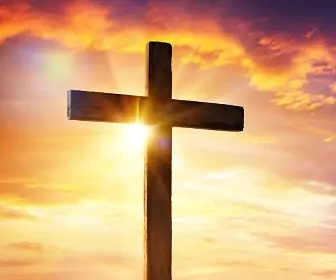
Fortress ‘Black in America’: Closed to Africans?
In a real-life Killmonger-T’Challa story, a writer of Kenyan origin reflects on her experience as an immigrant in America and her struggle to find bonds with black Americans.
One day I mentioned to a friend that I was going home to watch “Murphy Brown” since it was one of my favorite shows. I used to watch it in Kenya, I said. “You watch what?!” My friend was a black student. She asked this with a mixture of disdain and confusion. My education into being black in America was just beginning. Why would I watch a show of mostly white people? Yet while growing up in Nairobi and Mombasa, we watched it all. But watching “Murphy Brown,” and even “Good Times” or “The Jeffersons,” could not teach me about the complexities of American race relations. We watched the shows for their entertainment value, for the most part, blissfully ignorant of the tragedy that carried black comedy. The tragedy of race and racism was always there in those American sitcoms I had watched in Kenya, but I was not a black person. I was an African immigrant. And that too was a designation that took some learning.
In Kenya, racism was a concept that existed only in books and never in conversation. Tribalism is what we lived with daily. Our identity was and still is ingrained in ethnicity, not in skin color. It explains why most Africans experience being called “black” or “African” for the first time when they come to America. Neither “black” nor “African” are conscious identity markers for Africans in Africa. One is a Taita, Igbo, Shona, etc. So any jokes or reference to racism in the black-American sitcoms flew right over our heads. The tiny population of Kenyan whites left over from a colonial past are mainly cocooned in their own enclaves and any effects of post-colonial white supremacy remain very different in an African country where black people run their own political affairs.
This reticence about bonding with blacks has made Continental Africans miss out on some of the most amazing inter-personal relationships possible. This claim will undoubtedly be met with derisive laughter by fellow Africans in the U.S. who say they cannot handle the aggression of black people in relationships. Unfortunately, the angry black person is a stereotype; one as dangerous and misinformed as the ugliest stereotypes about Africans held by black people.
The black American has been actively engaged in emancipation on the Motherland since most notably, Marcus Garvey. In the ‘60s through ‘90s, Congressional Black Caucus members and TransAfrica Forum (now TransAfrica) were responsible for fighting the American legislative and corporate anchors that propped up an oppressive white supremacist reign in South Africa. Through the Aughts, Friends of the Congo, a black initiative, has been fighting genocidal neo-imperialism in the Democratic Republic of Congo by confronting American corporate greed in Africa.
By MKAWASI MCHARO HALL







